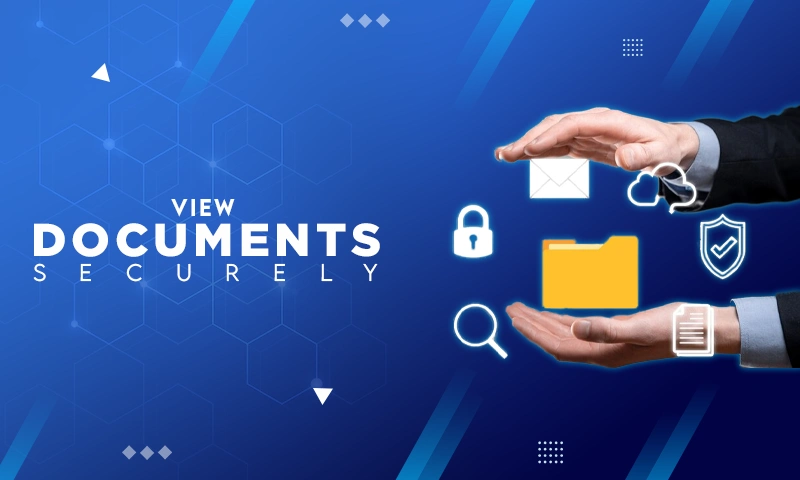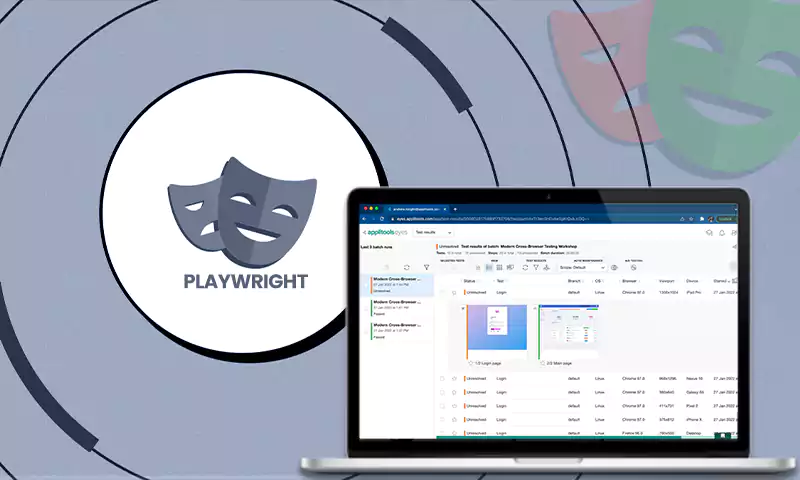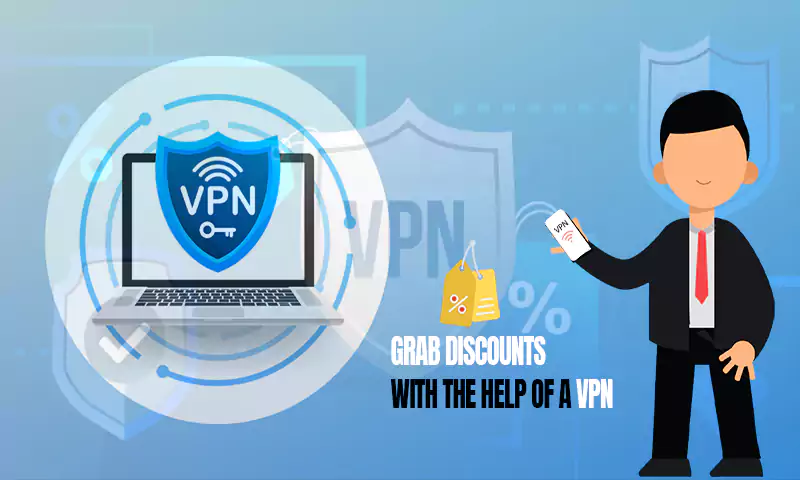Access the Dark Web Securely

The dark web is one of the most popular search terms out there and has been for some time. It is simply fascinating for everyone. There is the obvious fact that the name “Dark Web” itself garners a lot of attention. For more aware and curious users, of course, actually accessing this submarine part of the internet iceberg is what they’re trying to figure out. Namely, how does one get access to the dark web safely? How does one avoid accessing dangerous material and staying away from hackers? The answer to these broad questions is not that simple, but we’ve come up with an expert approach to safely accessing the dark web, which is what this article aims to accomplish.
What is the Dark Web?
Where does one even begin? Of all the explanations on what the dark web is found on the internet, perhaps the most accurate (as well as most commonly used) is the “iceberg” comparison. The dark web is just that, the large part of an iceberg invisible to us. For our daily activities such as checking our mail, conducting online searches, logging into work-related websites, and entertaining ourselves on YouTube, we use the “clear web.” This is the part of the web that is “indexed” by regular search engines and is akin to the part of the iceberg above water a.k.a that we can easily see and access. Aptly named “the dark web”, this corner of the internet, on the other hand, cannot be accessed with your average Joe browser. The dark web requires special software to access its .onion extensions and thousands of hidden portals.
To be more precise (and this is where it gets confusing) the dark web is a part of the much larger warehouse that is the deep web, which in turn houses the fundamental bits and bobs of the clear web we all use such as databases, configuration files and loads of harmless, essential parts. Think of the deep web as the engine of the internet. Confused yet? So, where exactly is this dark web, you say? Don’t worry, the confusion is normal. All you need to know is that going back to our warehouse comparison, think of the dark web as a hidden basement in the deep web warehouse.
It isn’t necessarily that the dark web is a sinister place, but it has gained such a reputation over the years. It houses criminals, illicit pornography, hitmen for hire, and all the ills of humanity you can imagine. It is also by far the most anonymous corner of the internet accessible only with .onion compatible browsers like Tor (The Onion Router). Loads of good opportunities for journalists, researchers, and people seeking anonymity in general also reside on the dark web, so it isn’t all bad. Of course, it completely depends on how you use it. This is why using the dark web safely is such a hot and contested topic!
How to Safely Access the Dark Web
As explained earlier, the dark web can be accessed by anyone via freely available browsers that support the opening of .onion links. In general, the Tor browser is the most popular option here. Unfortunately, platforms like iOS do not support this browser but do support alternative versions of Tor. You shouldn’t have any issues installing Tor on Windows or Android, but make sure you grab it from Tor’s official website.
Before you go and download Tor or a similar browser, first you have to get geared up for safely accessing and browsing the dark web. By default, Tor is already a military-grade encrypted browser that gives you several security settings ranging from safe to safest, the latter being the most restrictive (but also the most secure because it shuts off Javascript). You would do well to select a medium level of safety before you start browsing, or higher if you don’t mind losing out the odd image or video in return for safety.
Next, it would be a good idea to add a virtual private network or VPN to the mix. These little cybersecurity apps will dislocate your IP address from your actual location as well as add additional encryption to the mix. This ensures that should you barge in on a side of the dark web you shouldn’t have, you stay protected and anonymous.
You could even go so far as adding a special operating system like Qubes, ZeusGard, Whonix, or the most popular one Tails to the mix. These will ensure hackers do not get into your system via the dark web (though it is unlikely that will happen if you are a casual dark web surfer).
You also want to close non-essential apps running in the background before you access the dark web, cover your webcam, ensure your system’s software is updated, and turn off all location services on the device you use to access the dark web. Of course, ensure your passwords are not easy to crack, just in case.
Sounds paranoid enough? Good! Well, then you are now ready to set off on your maiden voyage into the mysterious jungle that is the dark web!
Remember, you need to know where you are going on the dark web. This means using a legitimate dark web search engine from DuckDuckGo, SearX, or StartPage, for instance. From there, you can search “The Hidden Wiki” to see what’s on the dark web (or anything else you’d like). Do not forget, never pay unknown individuals on suspicious forums or trust unverified companies with anything on the dark web. Do not respond to any messages from someone you don’t explicitly know, and immediately shut down suspicious-looking sites.
The dark web is a great place to find unusual and exciting things, purchase something rare anonymously with cryptocurrency or blow the whistle on your whole government. There is no doubt you will enjoy the excitement and strangeness that is the dark web, just remember to use official search engines and do not wander off into the seedy, dangerous, and illegal corners that are often all too easy to access.
Share














